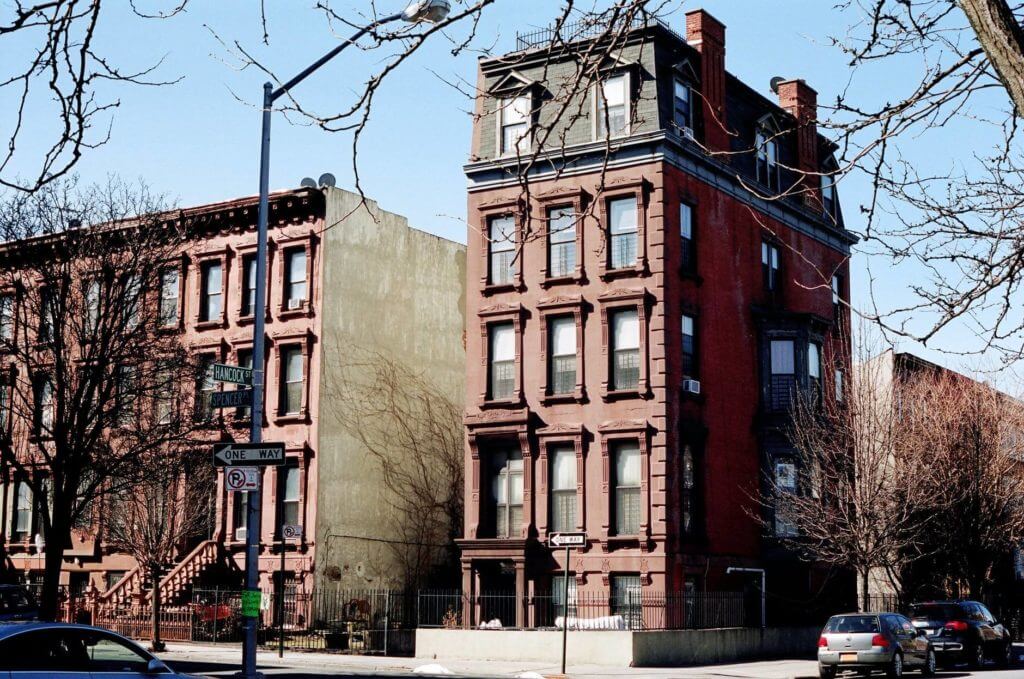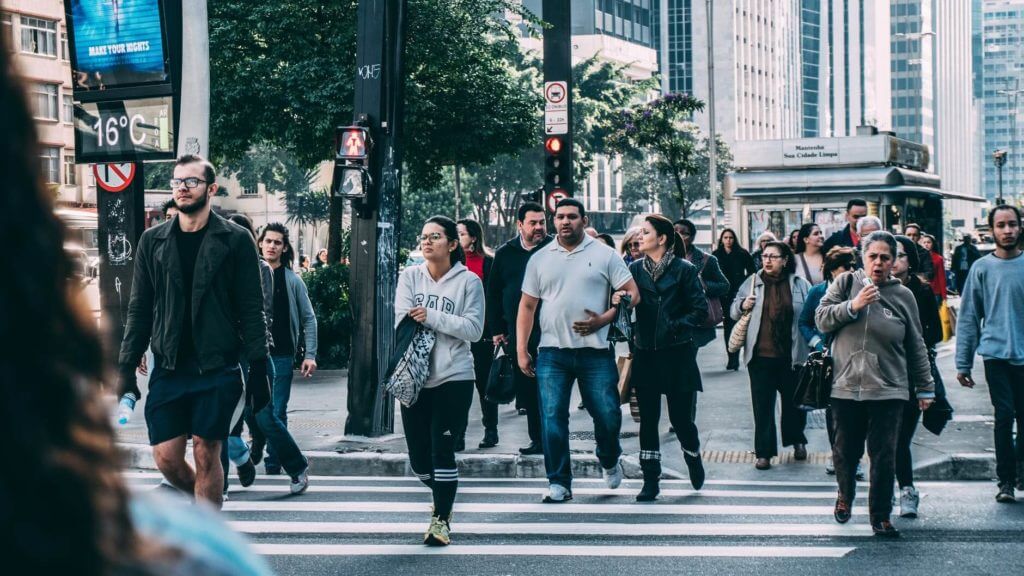You’ve decided to move, and not just anywhere. You are moving to a big city for the first time in your life. You can feel the excitement of the unknown ahead, but what does life in a metropolis look like firsthand? Get prepared for the shift in your lifestyle by learning a few things first.


Across the world, the number of cities with at least one million residents had grown to 548 by 2018. According to data from the US Census Bureau, ten cities are located in the US out of that number. These numbers shouldn’t scare you because life in the big city can help you thrive in every way. You’ll be relocating to a different climate, culturally speaking, where you can embrace all the diversity and have an opportunity to grow. But, before you call for long-distance movers and invest in long-distance moving services, take some preparatory steps and learn what it means to be living in a high rise and in the middle of urban buzz.
The very thought of residing in a metropolis smells like adventure, but relocating far away from family and friends might seem hard. However, there are many reasons to live in a big city that can drive us to move. But, before we take that leap of faith, there are some things we should take into consideration, so we don’t head out completely unprepared for moving into an apartment and starting a new chapter.
There are different reasons to move, from getting itchy feet to having a wish to venture into an independent living. But before you cross the doorstep of your previous residence, you should first consider when it’s the best time to move, among other things. The answer is easy – you’ll move when you are sure you are ready to take that jump in your heart. One of the crucial steps you should take is to prepare yourself for the hustle and bustle of the urban core. The following video offers some insight into relocating alone to a metropolitan area.
So, how do you move to a big city? We could say that you can stuff some belongings in a suitcase (which is a real case scenario if you are rushed into last-minute relocating,) but it should take much more than that. You’ll be able to pick an area to live in quickly if you’re sure what it is you’re looking for. Many factors can influence this decision:
Principally, we may choose our future location based on our dreams, but the most decisive ingredient is whether it provides us with the right opportunities.
There’s one question that may be bothering you – What happens when you move to a big city? The best answer you can get should be coming from people you know, that already live in an urban core. If you are relocating for love, it’s reasonably easy to find out everything firsthand from your loved one. But even if it’s an acquaintance or a friend of a friend, reach out and gather some information.
One of the perks of urban living is that each district has its vibe and particular lifestyle. Some neighborhoods are a perfect fit for families and have a great choice of schools and a suburban feel. Others are suitable for those who wish to live alone or for younger couples who decided to relocate for a relationship and start living together. Will you be more able to blend in the middle of the urban buzz, where you are surrounded by rich nightlife? Or do you want to be among other families, surrounded by a bit of quiet? Those who are relocating with pets will probably look for areas with parks and dog-friendly restaurants. Wherever you plan to dwell, you will be surrounded by diversity and cultural life, so simply pick a district based on your preferences.

When you’ve made up your mind and chose your future place of residence, you can take the preparatory steps. Finding a reliable long-distance moving company will be of great help for your transition to an urban area, but first of all, make a to-do list so you can keep track of the tasks ahead. Write down who you need to notify of your move, change your address and transfer your utilities before heading out. Being well organized before you relocate to a metropolitan area will take away some of the relocating stress.
The right time to start packing for a move is a few weeks before the move-out date, and decluttering is one of the first things you should do. Set aside some stuff for charities where you can donate clothes for the homeless, and throw away unusable items (including the items movers won’t move or pack.) Then you can organize a garage sale for all the other unwanted possessions.
After that, you can obtain the best-sized boxes to pack up your belongings. If it’s too much work, you can always invest in a packing service and let the professionals handle everything. Don’t forget to pack a bag of relocating essentials that you will need as soon as you arrive. If you think any large items won’t fit because you are relocating to a smaller home, you can ask your movers for storage service.
The cheapest way to move out of state may be a DIY move, but in the end, it may cost you more. What you need to keep in mind isn’t only your budget for relocating (if you’ve managed to make a successful garage sale, you can add that money) or figuring out how much do cross-country movers cost. Planning a budget for relocating to an urban area should be an essential part of relocating across the country checklist. It should include a downpayment for a house or enough money to cover the month’s rent and deposit. You should also calculate the price of utilities and groceries into it.

The hustle and bustle of the urban area may feel overwhelming sometimes, and adjusting to a new town might not go as smoothly as you thought. So, is it hard to live in a big city? If you don’t know how to cope with relocating away from family, it may cause you relocation depression. But, there are ways to overcome it, because there’s one thing you can not say about metropoles is that they don’t offer endless opportunities. Engage in all social activities you have at your disposal, and reach out to colleagues who will probably be glad to grab a drink and chit-chat. Expanding your circle of friends is one of the best ways to overcome loneliness and homesickness.
Besides writing a new apartment shopping list and acquiring first apartment tips, you should consider getting a roommate. While it may not be easy to get used to sharing a place with people you are not really acquainted with, it will help you with the monthly expenses. But perhaps a more significant benefit is that it will be the first step to beating down loneliness.
Perhaps the fact that you get anonymity in such a large urban area will be just what you need, and you’ll learn to appreciate it. Having some personal time and space is not something you can cherish in a small town, where people know each other. Privacy is something you can look forward to when relocating to a new home in an urban core.

When you become a resident of an urban core, one thing you should get used to is traffic jams. Although you’ll learn to avoid them after some time, you can always lean on public transportation. If you’ve chosen your place of residence wisely, everything you need will be within walking distance or a couple of bus stations away.
Everywhere you choose to go will be crowded, and even restaurants have their waiting lines. While some may find it unnerving, it’s relatively easy to overlook it as an obstacle. After all, cities offer so much in terms of things to do, and going out early might just be the solution to finding a dining spot.

While any place has its charm, there’s no rule which distinguishes where it’s better to live. In the end, it always comes down to personal preferences and whether you love residing in a small town or the city’s lights are your thing. But a large metropolitan area offers so much to its residents, from cultural diversity to endless opportunities to thrive and grow in many ways. Although working in urban cores probably means you’ll have to battle fierce competition, it will give you invaluable experience. All these things combined will even make the unpacking after the move an easy job because the benefits of relocating here are many.